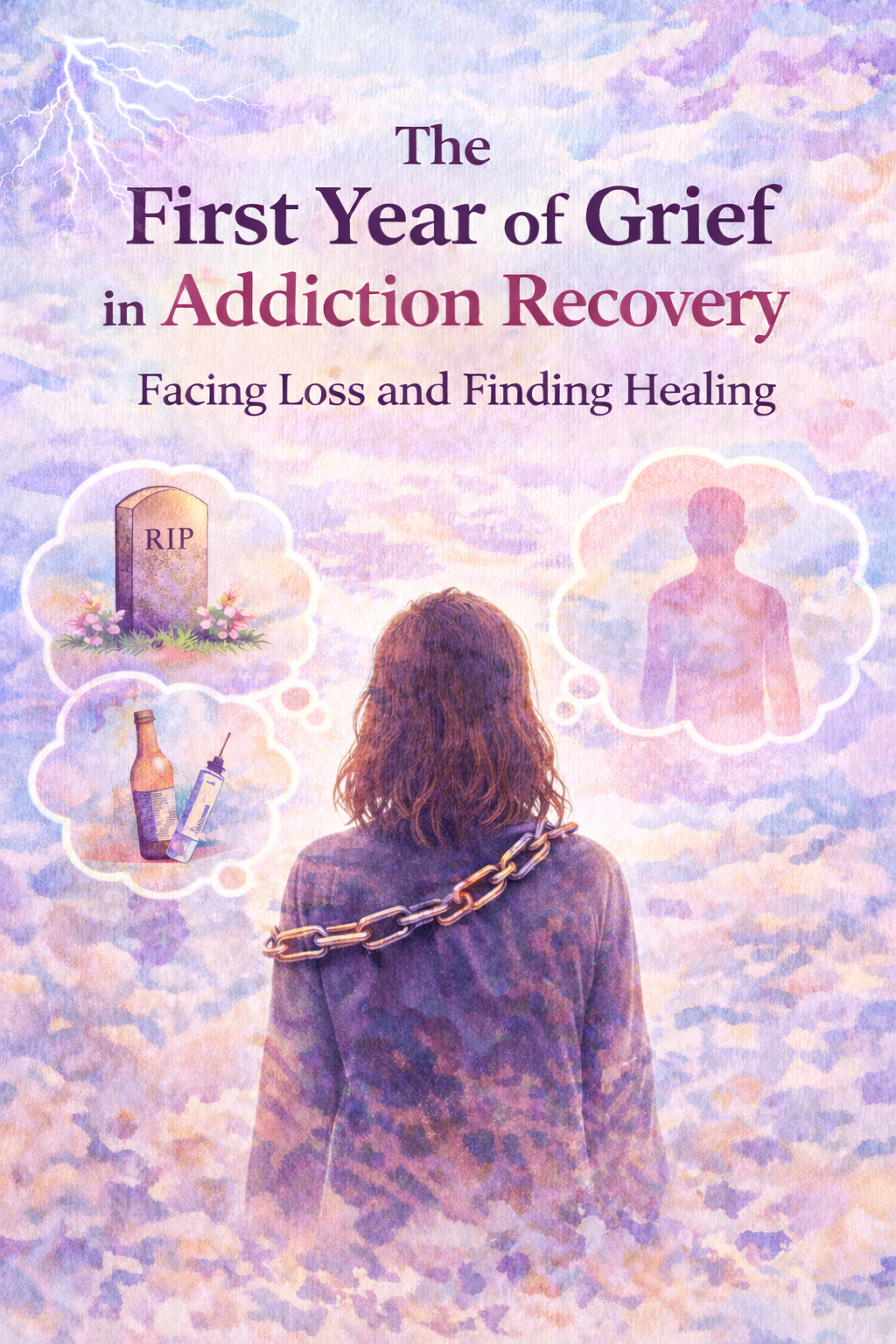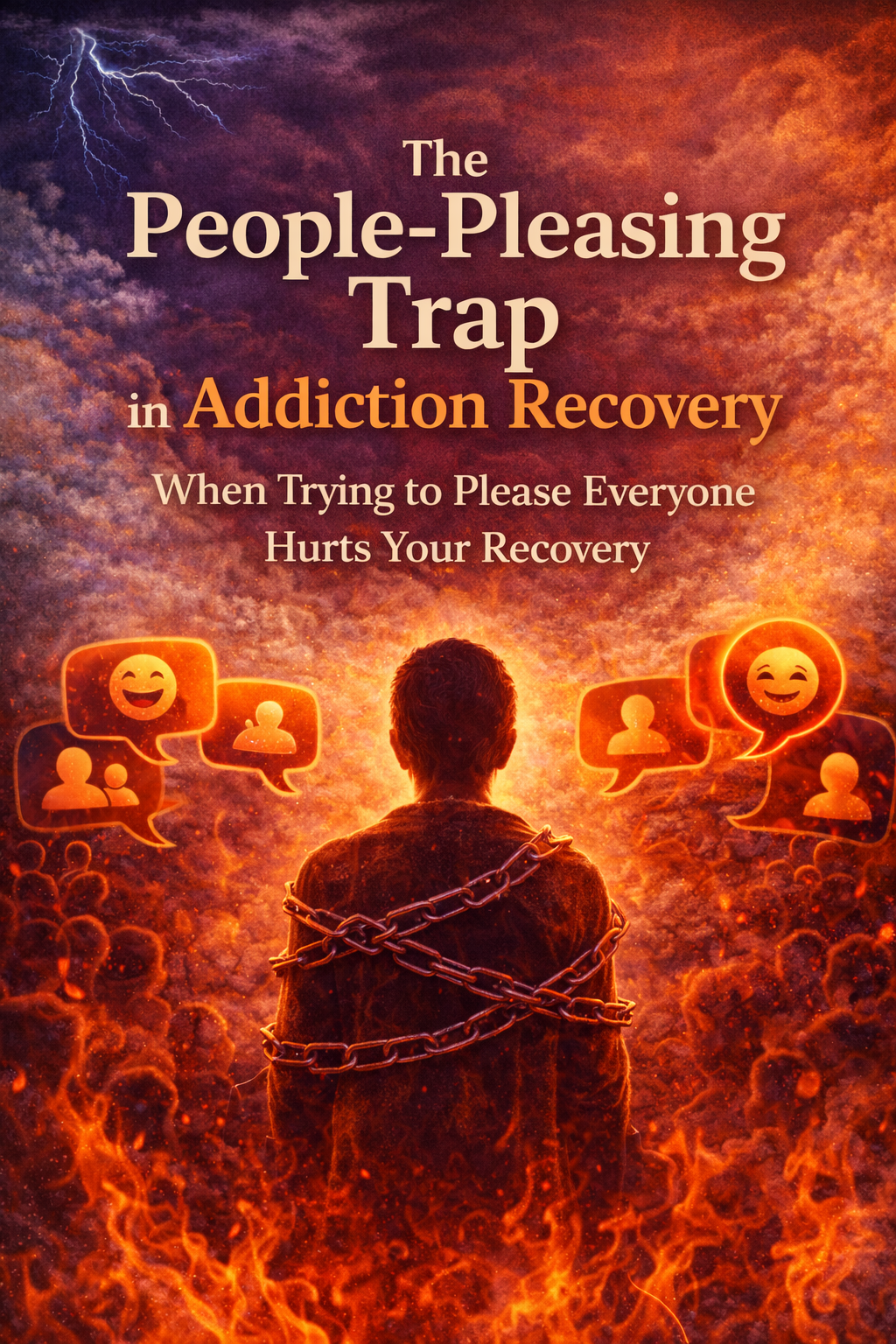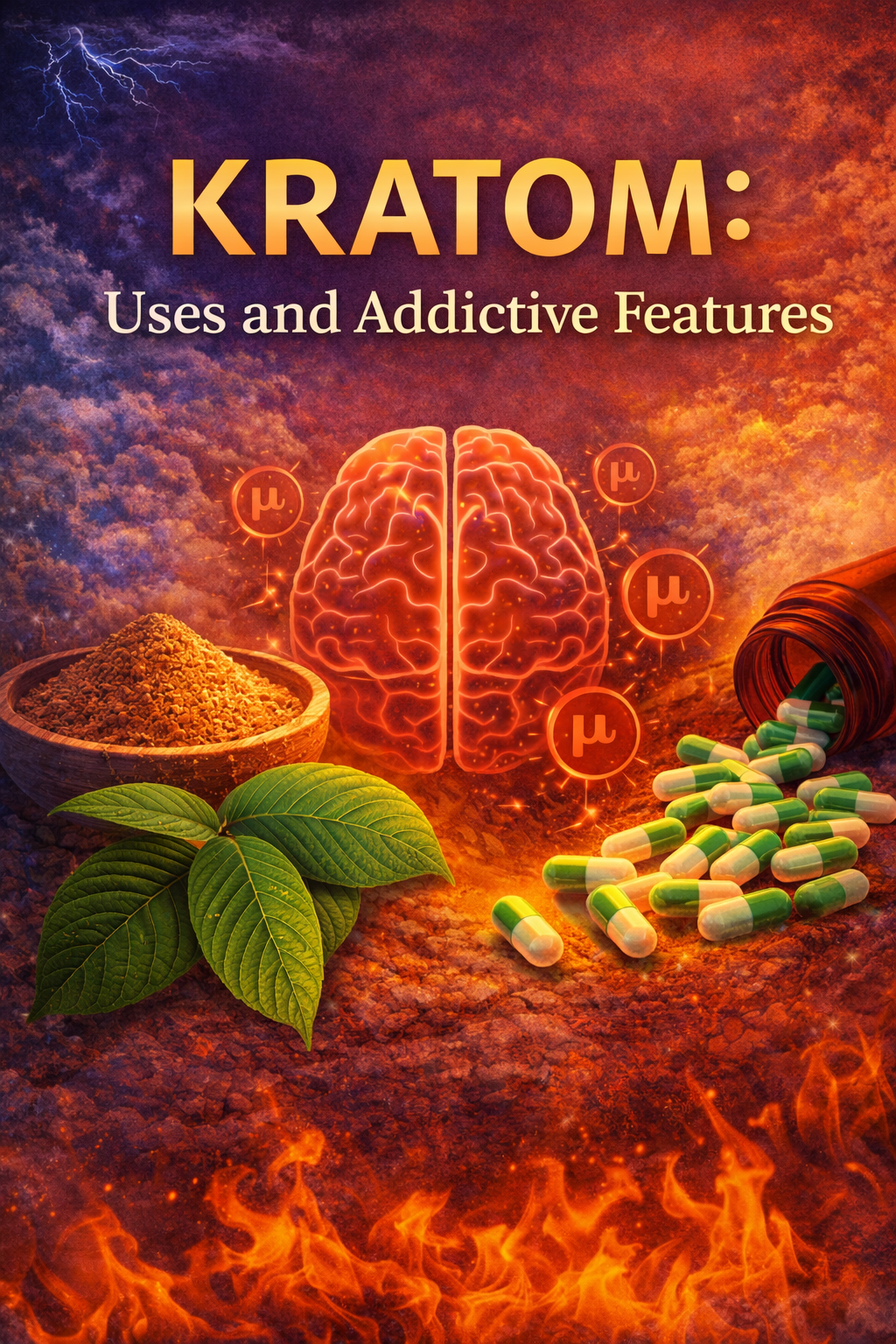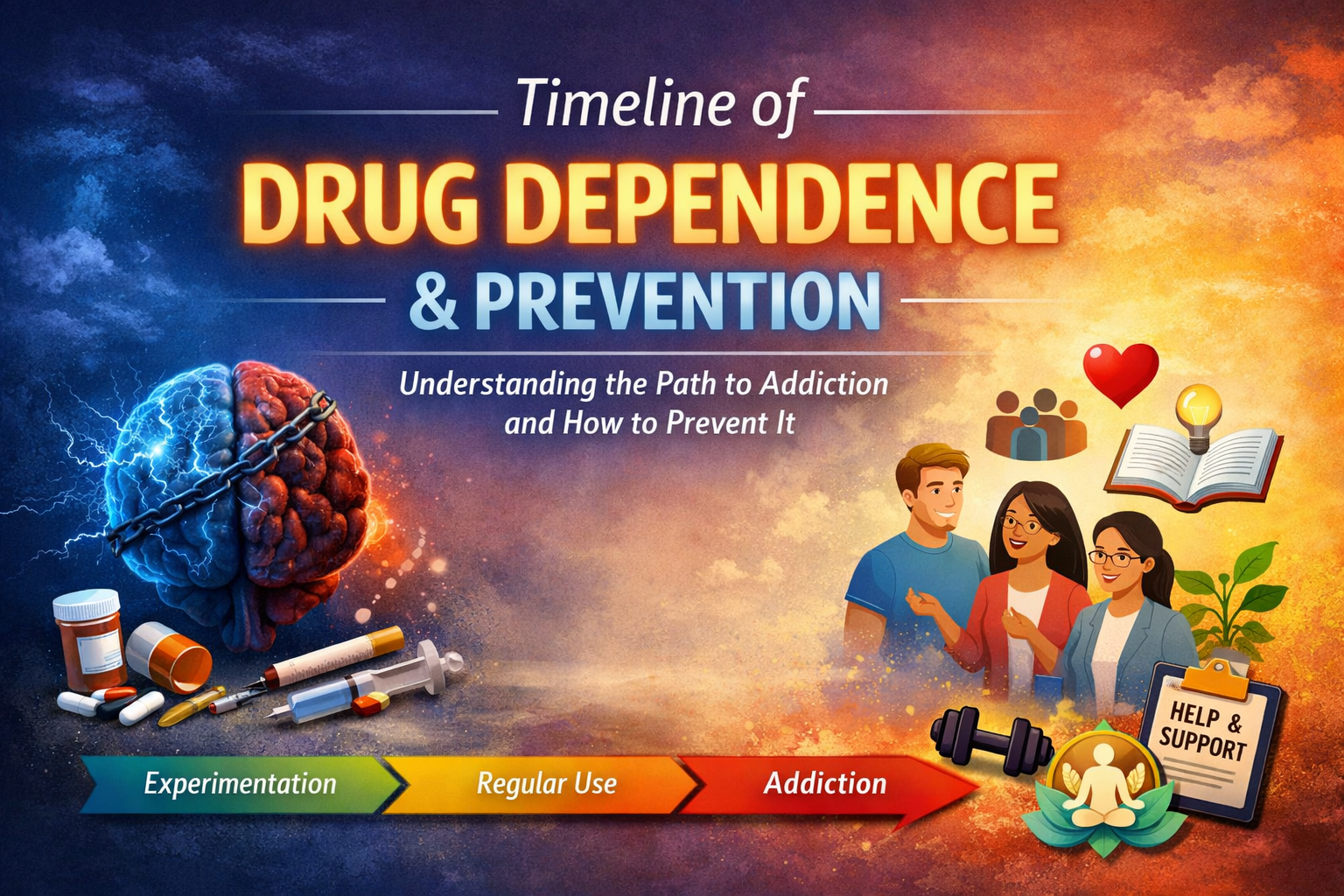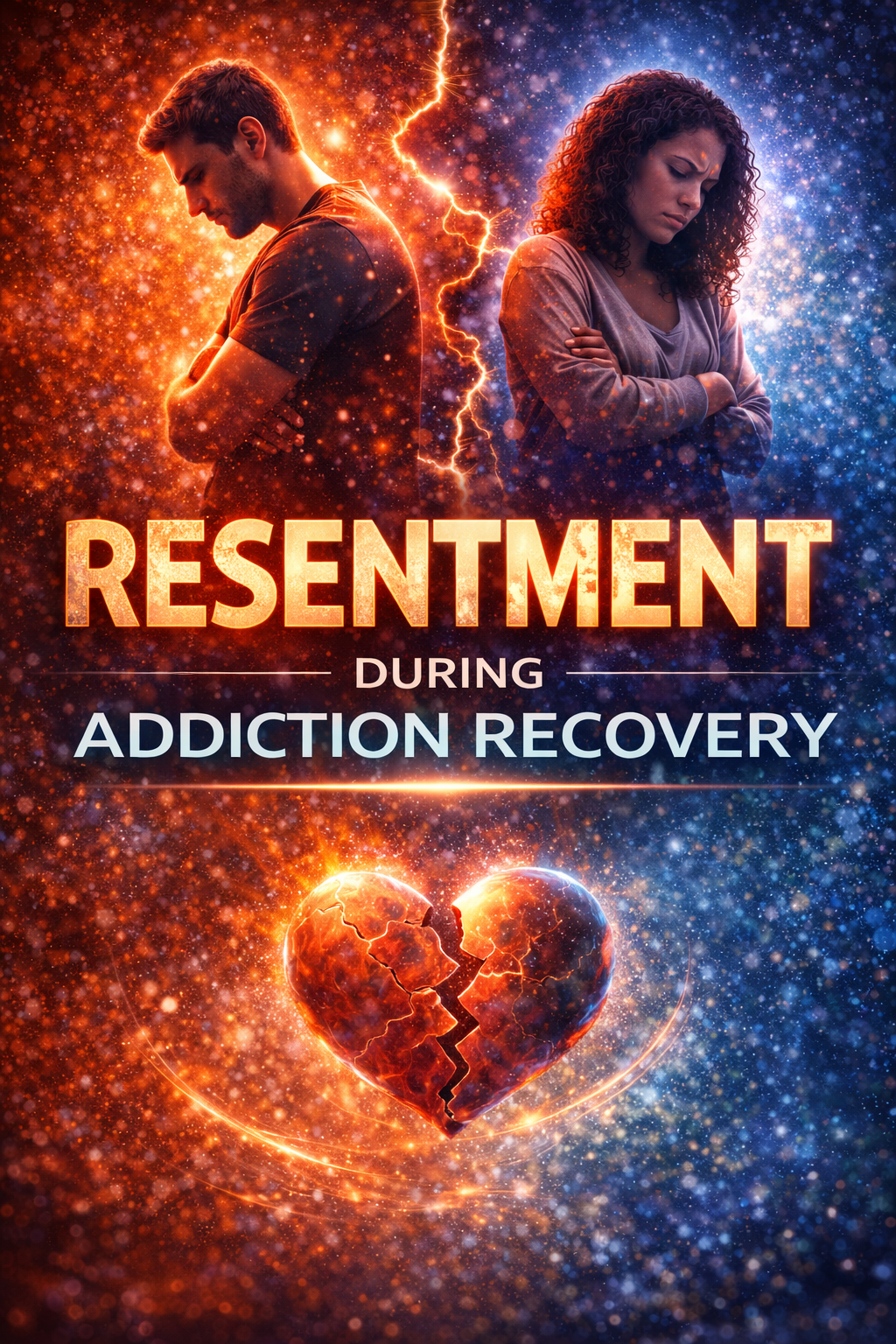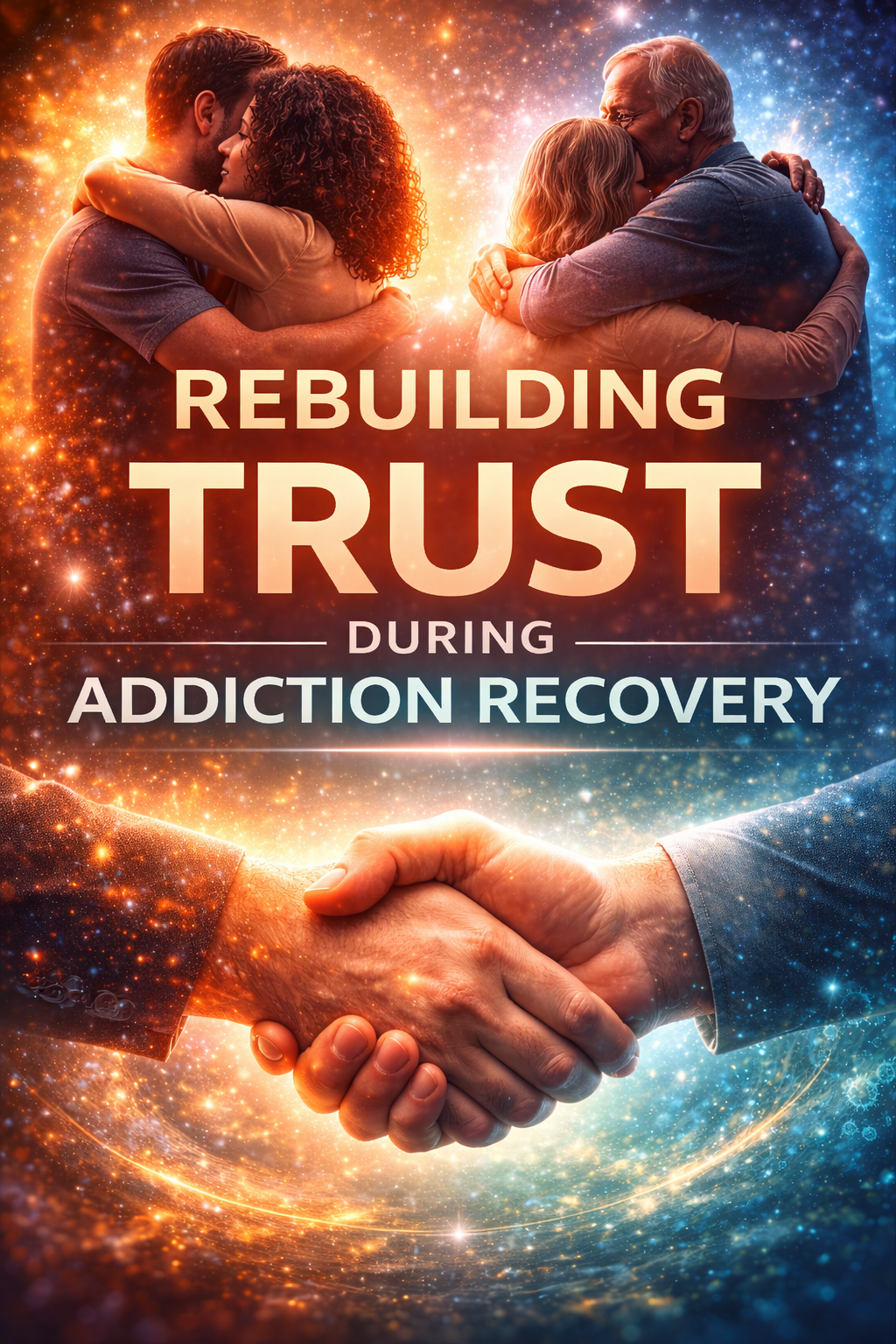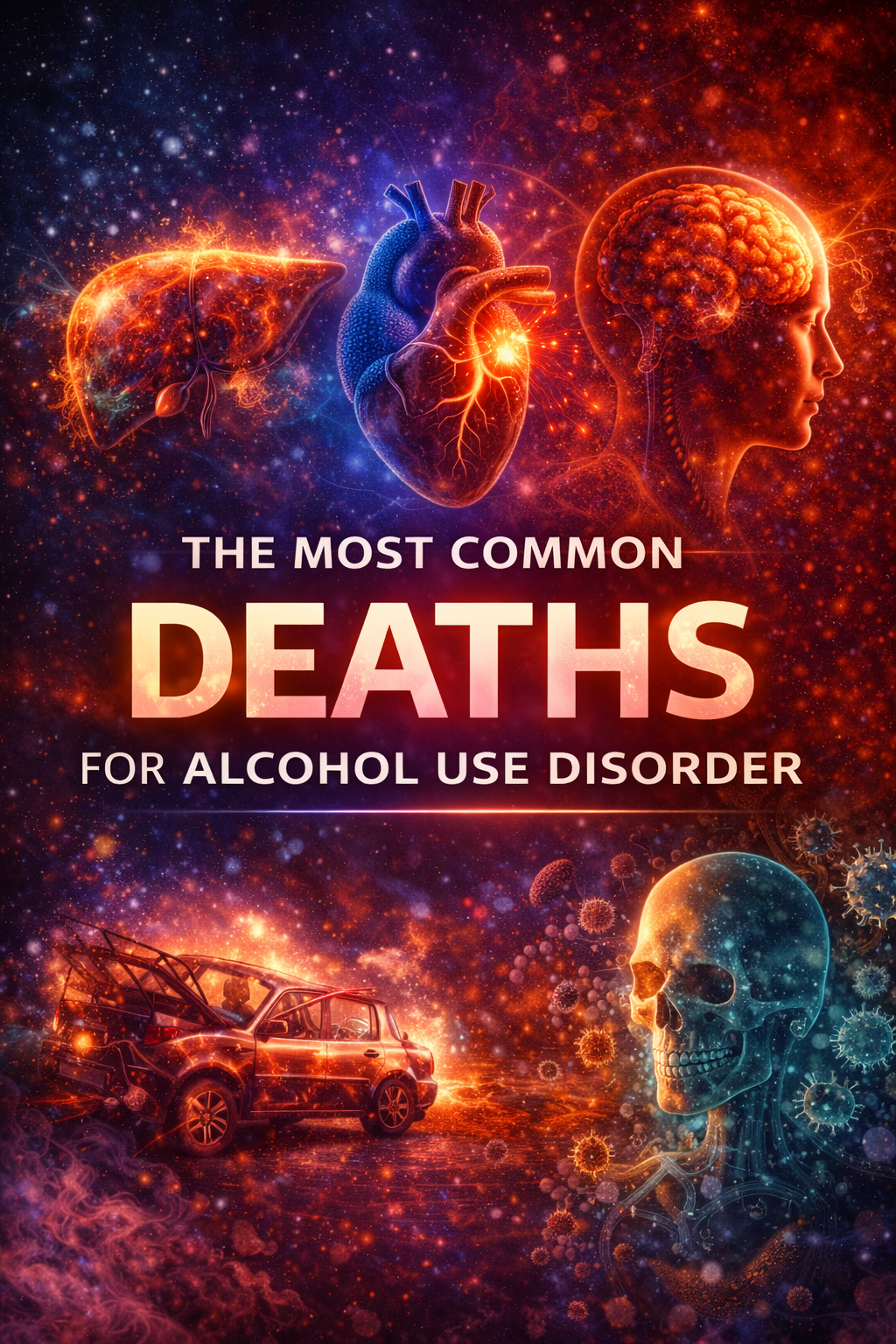Bone Health During Recovery
If you’re curious about the connection between bone health and addiction, you’re not alone. This is an area that deserves more attention because the link is real, and understanding it can make a huge difference for those working on recovery or supporting someone who is. I’m going to break down what’s really important when it … Read more


